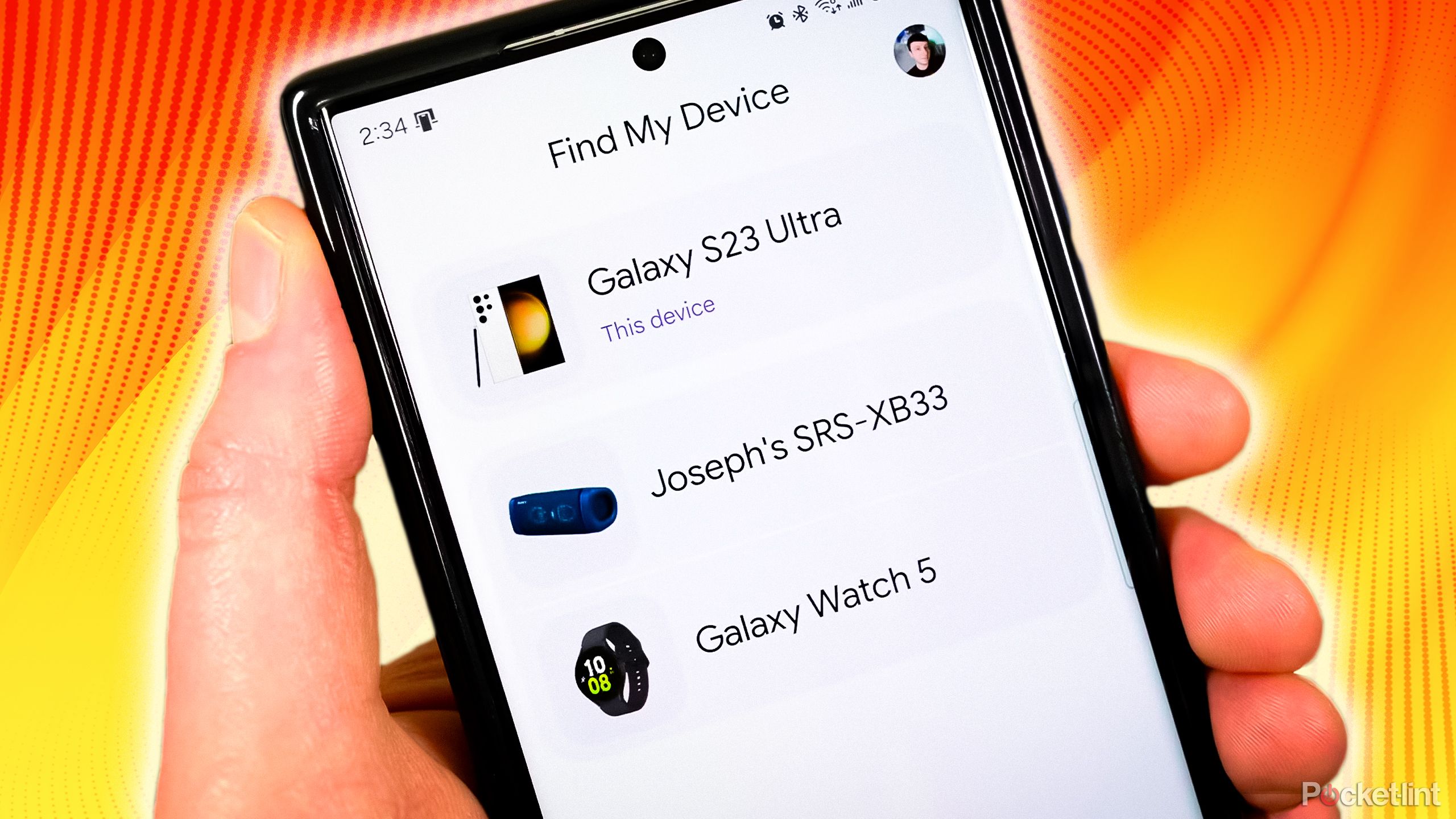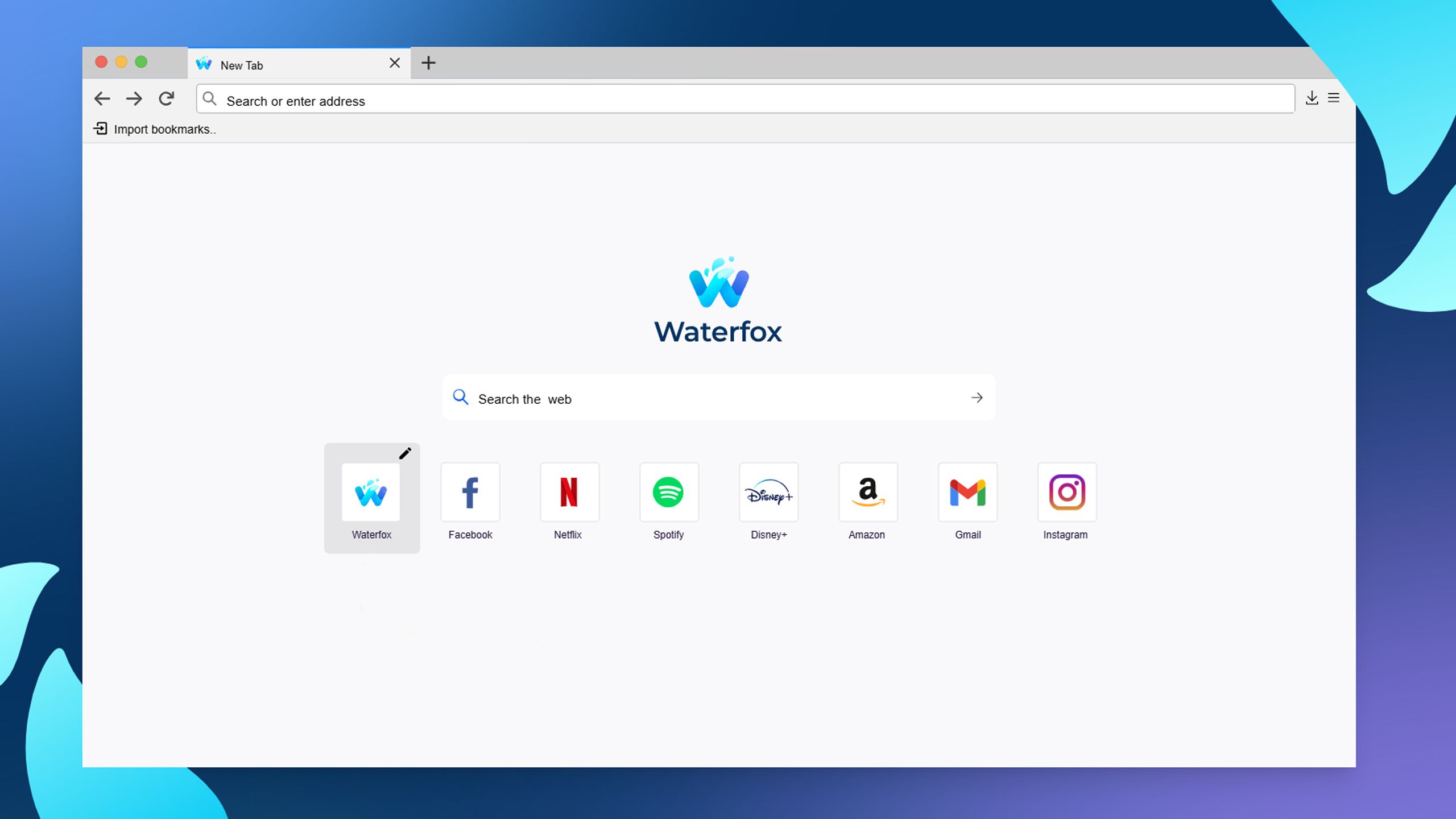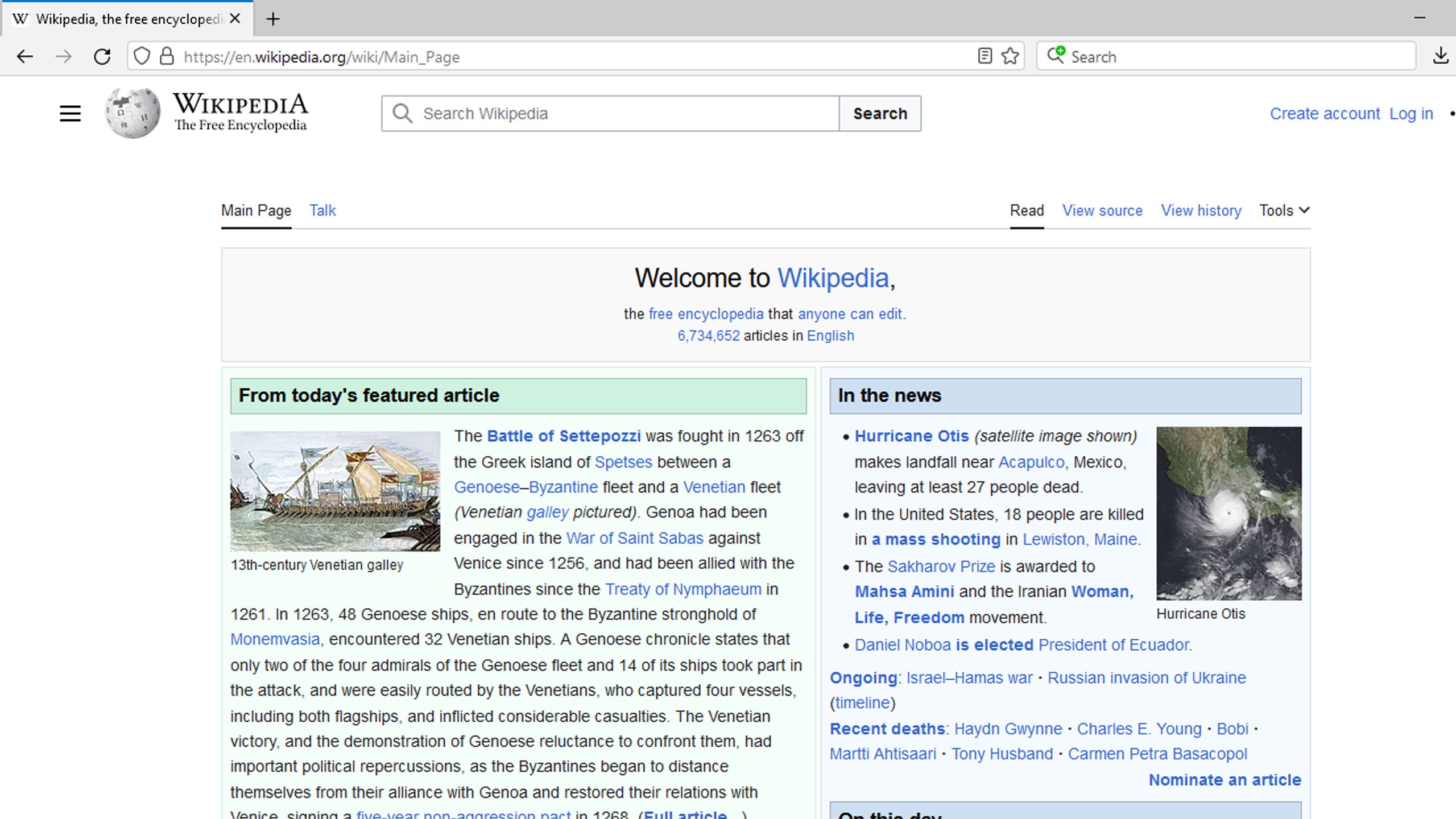Summary
- Waterfox is a spin-off of Firefox with an increased focus on privacy.
- It collects very minimal data and offers unique features like Container Tabs.
- It does lack some of the creature comforts of mainstream browsers.
It’s safe to say at this point that a lot of people are disillusioned with the default web browsers on their devices, at least when it comes to Windows and Android. While Microsoft Edge and Google Chrome have a lot of privacy and security measures in place, their makers still have reason to collect data you might not want to share, particularly in the case of Google. Most of Google’s revenue comes from advertising — not the Pixel phones or Nest accessories you buy.
That’s given privacy-oriented browsers a little more traction, some well-known examples being Firefox and DuckDuckGo. But there’s a good chance you’ve never heard of Waterfox — here’s what you need to know about it if you think it might be worth a try.
Waterfox
Waterfox is a privacy-focused web browser that’s fast and full of options.

Related
Will anyone actually want Apple’s AR glasses when they’re ready?
Apple seems to be struggling to understand AR and VR.
What is Waterfox?
A familiar lineage
BrowserWorks
As you might gather from its name, yes, Waterfox is a spin-off of Mozilla’s Firefox browser. It’s based on the same engine, Gecko, and supports many of the same add-ons, including not just native Firefox enhancements but Chrome and Opera extensions. Downloads are available for Windows, macOS, Linux, and Android. There’s no iPhone or iPad version yet, though.
Waterfox was originally born to be a faster 64-bit version of Firefox, but with both browsers now on par in that area, the main distinction is an even more intense focus on privacy. While Waterfox gathers some basic device data in order to perform updates, that’s the limit. Its creators don’t collect any additional analytics, and for third-party websites, tracking protection is on by default. Companies shouldn’t be able to follow you via cross-site cookies, in other words, and there are anti-fingerprinting measures available if you want to risk the performance hit.
The main distinction is an even more intense focus on privacy.
At least some of this will sound familiar to Firefox users, but Waterfox also offers Private Tabs, which let you perform fully anonymous browsing without having to open a separate window. The browser even disables closed-source integrations, like Pocket’s read-it-later service. If you’re extremely concerned about privacy, there’s the option of Oblivious DNS, a domain name service that makes it tougher for your internet service provider to track web habits.
There aren’t too many other highlights to speak of, but you can sync settings between devices, and import bookmarks and passwords from other browsers. The big design feature is something called Container Tabs. On a basic level these let you group tabs for different purposes, such as work versus shopping — you can color-code containers to make things easier. But containers also appear to silo personal data, keeping cookies, accounts, and search histories separate.

Related
I downloaded Deepseek to see how censored it really is
Don’t expect it to be fully honest with politically sensitive topics.
Is Waterfox safe to use?
Just stay vigilant
BrowserWorks
There don’t appear to be any major problems, but be aware that Waterfox is a small-scale project if you don’t include GitHub contributors. It doesn’t have all the features of browsers like Chrome or Firefox, particularly since closed-source integrations are excluded. If you encounter any bugs, it could (potentially) take longer for them to be addressed, due to the size of the team working on them. When stability is a major concern, it’s best to check what people are saying about a new release before updating.
Be aware that you may be sacrificing some conveniences to maximize your privacy.
You should also be aware that Waterfox’s creators, BrowserWorks, depend on “search partnerships” to generate income. Those partners aren’t identified, and the only thing we know about corporate data sharing is that those partners return “data about the number of searches you request,” according to BrowserWorks’ privacy policy. You can select alternate search options if that bothers you, or simply if you prefer other search tools — but you’ll no longer be supporting the Waterfox project.
Overall, Waterfox should be safe to try. Just be aware that you may be sacrificing some conveniences to maximize your privacy.

Related
Find My Device: a lifesaver or a digital leash?
It’s probably worth keeping, but there are scenarios where opting out might be wise.
Trending Products

SAMSUNG FT45 Sequence 24-Inch FHD 1080p Laptop Monitor, 75Hz, IPS Panel, HDMI, DisplayPort, USB Hub, Peak Adjustable Stand, 3 Yr WRNTY (LF24T454FQNXGO),Black

KEDIERS ATX PC Case,6 PWM ARGB Fans Pre-Installed,360MM RAD Support,Gaming 270° Full View Tempered Glass Mid Tower Pure White ATX Computer Case,C690

ASUS RT-AX88U PRO AX6000 Twin Band WiFi 6 Router, WPA3, Parental Management, Adaptive QoS, Port Forwarding, WAN aggregation, lifetime web safety and AiMesh assist, Twin 2.5G Port

Wi-fi Keyboard and Mouse Combo, MARVO 2.4G Ergonomic Wi-fi Pc Keyboard with Telephone Pill Holder, Silent Mouse with 6 Button, Appropriate with MacBook, Home windows (Black)

Acer KB272 EBI 27″ IPS Full HD (1920 x 1080) Zero-Body Gaming Workplace Monitor | AMD FreeSync Know-how | As much as 100Hz Refresh | 1ms (VRB) | Low Blue Mild | Tilt | HDMI & VGA Ports,Black

Lenovo Ideapad Laptop computer Touchscreen 15.6″ FHD, Intel Core i3-1215U 6-Core, 24GB RAM, 1TB SSD, Webcam, Bluetooth, Wi-Fi6, SD Card Reader, Home windows 11, Gray, GM Equipment

Acer SH242Y Ebmihx 23.8″ FHD 1920×1080 Home Office Ultra-Thin IPS Computer Monitor AMD FreeSync 100Hz Zero Frame Height/Swivel/Tilt Adjustable Stand Built-in Speakers HDMI 1.4 & VGA Port

Acer SB242Y EBI 23.8″ Full HD (1920 x 1080) IPS Zero-Body Gaming Workplace Monitor | AMD FreeSync Expertise Extremely-Skinny Trendy Design 100Hz 1ms (VRB) Low Blue Gentle Tilt HDMI & VGA Ports









